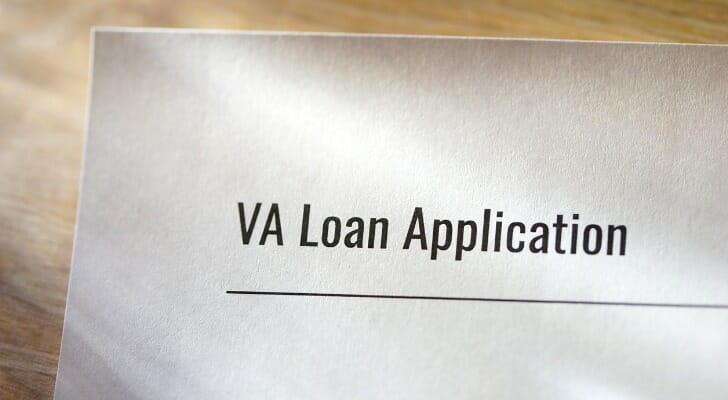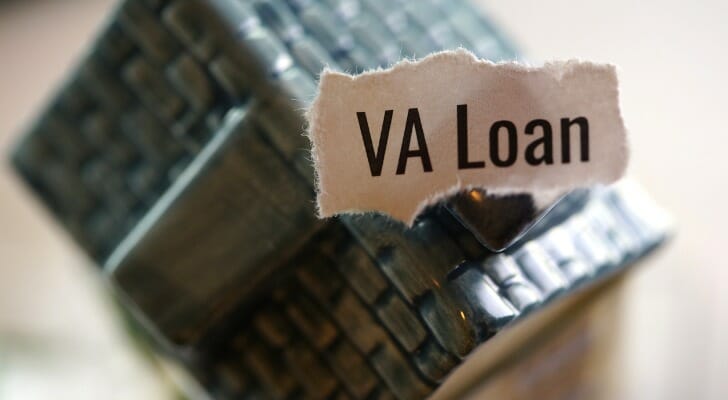The Department of Veteran Affairs created the VA loan program to help veterans and their families buy homes. One of the advantages for the veteran is that the VA limits the number of fees the lender and title company are allowed to charge the buyer. Some of the non-allowable costs are considered “junk fees,” while others represent actual costs of business for the lender or title company. If you are selling your home to a veteran through a VA loan, you need to be aware of these fees because the lender and title company will usually pass them on to you.
Consider working with a financial advisor as you plan the sale or purchase of a residence.
Non-Allowable Fees
The fees the VA prohibits from being charged to the veteran buyer are called “non-allowable fees.” Though these will vary between lenders and title companies, there are two primary fees you as the seller should be aware of. Most lenders charge a fee called a processing or underwriting fee. This is different from an origination fee. This is a non-allowable cost. Some lenders waive it on VA loans, but many will charge it to the seller. The processing or underwriting fee is from the title company and will be called an escrow, settlement or closing fee. Not to be confused with the title insurance cost (which the buyer will pay) this escrow fee is also a non-allowable cost. It differs by state and purchase price, with a range anywhere from a hundreds of dollars to thousands of dollars. Check with a title company in your state to learn what is typical.
Negotiate With Your Buyer
If you know that you are selling your home to a veteran, keep these costs in mind during negotiations. Your buyer should come to you with a pre-approval letter from a lender to verify their qualification. The letter will specify if they are obtaining a VA loan. Do not let this discourage you from accepting their offer. Not only is it illegal to discriminate against a veteran, the VA also offers a very good loan program. But it is within your rights to negotiate based on the added cost you know you will incur.
Ask your realtor to talk with the buyer’s loan officer directly. Obtain a list of exactly which non-allowable fees will be charged. You can also ask for a copy of the loan estimate. Though this list of loan charges is only required to be provided to the buyer, it shows all fees the lender will be charging, even to the seller. If fees are not on the initial loan estimate they cannot be added later.
Grants and Subsidies for Veterans

Besides the VA loan program, there are other benefits to buying a home as a veteran. Grants and subsidies from local communities and housing initiatives may be available to help cover some of the loan costs for both buyers and sellers. Though the onus is typically on a buyer to find out if they can get any assistance in buying a home, if you are selling to a veteran, it is to your benefit to know about any programs in your area. These assistance grants can be used to pay VA non-allowable costs in addition to the buyer’s other costs of obtaining a loan. Talk to your community housing authority before listing your home to find out what might be available in your area.
Tips on Real Estate
- Selling and buying housing can be complicated. That’s where the insight and guidance of a financial advisor can be valuable. Finding a financial advisor doesn’t have to be hard. SmartAsset’s free tool matches you with up to three financial advisors who serve your area, and you can interview your advisor matches at no cost to decide which one is right for you. If you’re ready to find an advisor who can help you achieve your financial goals, get started now.
- Use our free closing cost calculator for help understanding your total closing costs and amount needed at settlement.
Photo credit: ©iStock.com/Kameleon007, ©iStock.com/Kameleon007
